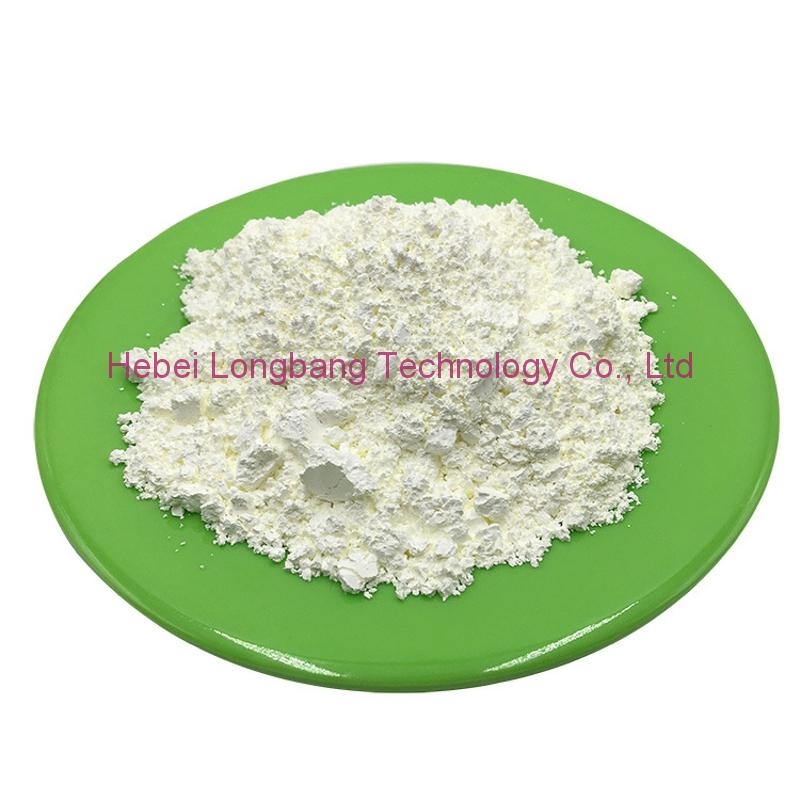-
Categories
-
Pharmaceutical Intermediates
-
Active Pharmaceutical Ingredients
-
Food Additives
- Industrial Coatings
- Agrochemicals
- Dyes and Pigments
- Surfactant
- Flavors and Fragrances
- Chemical Reagents
- Catalyst and Auxiliary
- Natural Products
- Inorganic Chemistry
-
Organic Chemistry
-
Biochemical Engineering
- Analytical Chemistry
-
Cosmetic Ingredient
- Water Treatment Chemical
-
Pharmaceutical Intermediates
Promotion
ECHEMI Mall
Wholesale
Weekly Price
Exhibition
News
-
Trade Service
Aprepitant is a medication that is used to prevent nausea and vomiting associated with cancer chemotherapy.
It is also known by its brand name Emend.
Aprepitant works by blocking the action of substances in the body called neurokinin-1 (NK-1) receptors, which are involved in the sensation of nausea and vomiting.
Aprepitant is generally considered to be safe when used as directed.
However, like all medications, it can cause side effects.
The most common side effects of aprepitant include diarrhea, nausea, and vomiting.
These side effects are generally mild and go away on their own after a short period of time.
It is important to follow the instructions provided by your healthcare provider when taking aprepitant.
This medication is usually given as an injection, either IV or SC.
The recommended dose and schedule will depend on the specific treatment regimen and the patient's response to treatment.
Aprepitant should be used with caution in certain populations.
For example, it should not be used in patients who are allergic to aprepitant or to any of the ingredients in the medication.
It should also be used with caution in patients with a history of gastrointestinal problems, such as bowel obstruction or bleeding.
Aprepitant may interact with other medications that you are taking.
It is important to tell your healthcare provider about all the medications you are currently taking, including over-the-counter medications and supplements.
This is to ensure that there are no interactions that could increase the risk of side effects or reduce the effectiveness of the medication.
While aprepitant is generally considered safe, there are some potential risks associated with its use.
For example, it may cause allergic reactions or anaphylaxis, which is a serious allergic reaction that can be life-threatening.
It is important to seek medical attention immediately if you experience any symptoms of an allergic reaction, such as hives, swelling, or difficulty breathing.
In addition, aprepitant may cause dizziness or drowsiness, which could affect your ability to drive or operate heavy machinery.
It is important to avoid these activities until you know how aprepitant affects you.
Patients who are pregnant or breastfeeding should consult with their healthcare provider before taking aprepitant.
There is limited information available on the safety of aprepitant during pregnancy, so it is important to weigh the potential benefits and risks of the medication.
In conclusion, aprepitant is a safe and effective medication when used as directed.
It is important to follow the instructions provided by your healthcare provider and to seek medical attention immediately if you experience any side effects or potential interactions with other medications.
Additionally, patients should be aware of the potential risks associated with the use of aprepitant and should consult with their healthcare provider before taking the medication if they are pregnant or breastfeeding.







